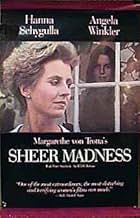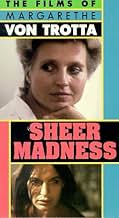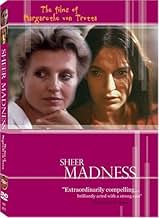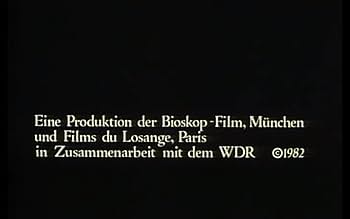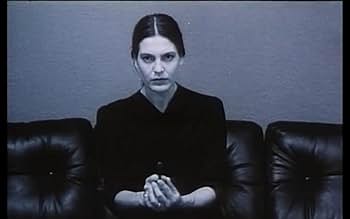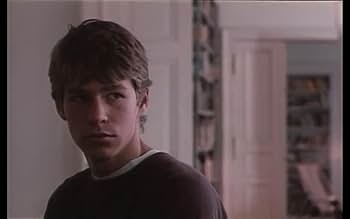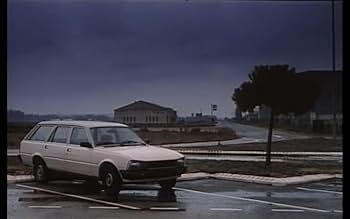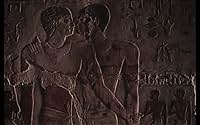Margarethe von Trotta began her career in 1970. She was a member of the New German Cinema as an actress and scriptwriter and played minor roles in several of Fassbinder's movies. In 1971 she married Volker Schlöndorff. In 1974 she codirected and cowrote Schlöndorff's The Lost Honor of Catharina Blum. This was a typical Schlöndorff movie with all his defects in view; unsubtle, ponderous, repetitive, at times preachy and pretentious, and delivered a message in black-and-white, large capitals. (there were some positives too). She cowrote and acted in another disappointing Schlöndorff movie, Coup de Grâce (1976). Her first solo movie was The Second Awakening of Christa Klages (1978), still influenced by Schlöndorff and Fassbinder. She came into her own as director with Sisters or the Balance of Happiness (1979). Von Trotta's world is rather different from (or unrelated to) Schlöndorff's. Motivations are often obscure, characters are known from partial information and feelings (love, gratefulness, the search for fulfillment) combine in unpredictable and sometimes dangerous ways.
The protagonists of this film are Olga (Hanna Schygulla) and Ruth (Angela Winkler). Olga is a successful professor of romantic literature recently separated from her husband Dieter. Her favorite subject seems to be Karoline von Günderrode, one of many highly educated women writers and poets in early 19th century Germany, whose works were automatically underrated and/or neglected as "women's writing". Olga's point: many of these woman had no other way to express themselves than through their husbands, lovers or brothers.
Ruth was a teacher. Traumatized by her artist brother's suicide, she gave up her job and withdrew almost completely from human contact. She paints and has attempted suicide. Her husband Franz is a colleague of Olga and encourages her to befriend Ruth. Dieter, a theater director seems to resent Olga's success and independence, while Franz tries sincerely but clumsily to "protect" Ruth by canceling an exhibit of her paintings arranged by Olga. Although there are good intentions from all sides, the mix explodes into a dramatic ending which, in fact, may be imagined or symbolic. Amusingly, both Dieter and Franz seem to embody negative sides of husband Schlöndorff (whom the director divorced in 1991).
I liked this film. Acting (especially from the principals) is excellent as is Michael Ballhaus' cinematography. Direction fits perfectly the action and writing (by the director) will need your full attention: every dialogue is vital. If there is a message is the lack of support or recognition (if not downright suppression) of women's achievements by male society, as exemplified by Günderrode. This seems to be the subject of many of Von Trotta's movies. She also has explored the other side of the coin; that of women of high achievements in spite of (or against) the rules of male society; Rosa Luxemburg (1985), Hildegard von Bingen (2009), Hannah Arendt.(20012).

